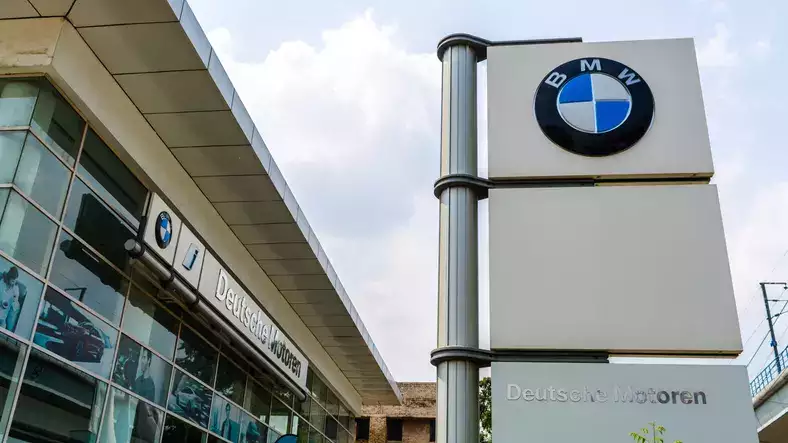BMW boss sees no need to delay EU emissions targets

From 2025, the European Union is lowering the average emissions that new vehicles sold in the bloc are permitted to produce, with carmakers facing hefty fines if they fail to comply.
Some countries and the European Automobile Manufacturers' Association (ACEA) have called for the targets to be delayed or eased, saying carmakers will struggle to meet them amid slowing demand for electric cars.
But BMW's chief executive Oliver Zipse said he saw no reason for a postponement. "We have known about the targets for 2025 since 2019," he said in an interview with Automobilwoche magazine, adding that the carmaker had adapted its designs in preparation.
"We see no reason to postpone the CO2 targets for 2025." He said that cutting emissions was not just a question of selling more electric cars and that hybrids could also make a major contribution.
Under the new rules, the average emissions of new passenger cars sold in the bloc will have to fall 19, from 116 grams of carbon dioxide per kilometre to under 93.6 grams.
However Zipse criticised a 2035 deadline to phase out new sales of fossil fuel-powered cars in the EU. This policy "curtails successful technologies, but does not create sufficient investment in new paths and technologies to achieve Europe's climate targets," he said.
Auto giant Stellantis, whose brands range from Jeep to Fiat and Peugeot, has also spoken out against delaying the new targets, pointing to efforts it has made to prepare for them.
Like other German manufacturers, luxury carmaker BMW has faced falling profits as it battles high manufacturing costs and weak demand, particularly in the crucial Chinese market.
Nevertheless Zipse was upbeat about the future and particularly sales of EVs, despite recent slowing demand in some markets. Electric mobility "will remain our strongest growth driver for the next few years", he said.

